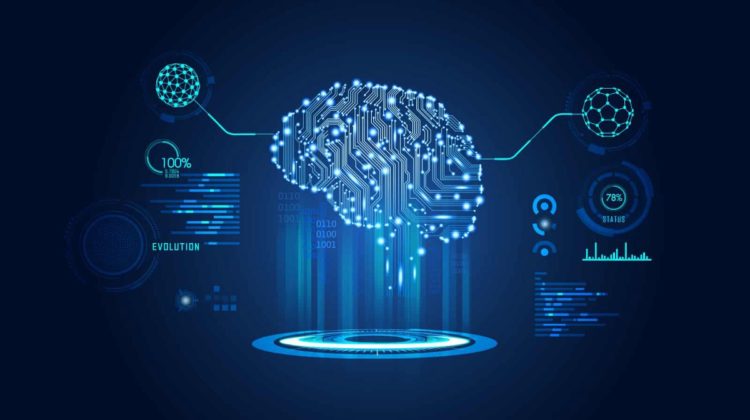
Need not to worry which programming language to learn. Get started with Python it’s easy to learn and fun to engage. For resources, you can visit w3school.com. After completing from w3 I urge you to take one paid course for Complete Python Mastery and brush up your skills with 3 real-world projects. Although there are many free courses available online it is important not to get deviated from the path which people do get deviated very often and easily.
Why maths for ML and AI!
Oh yes! its a bummer for all those who hate maths. But you need not worry look to the topics if you think you can manage Cheers! If not I am sorry for taking up your time. The three main branches of mathematics that constitute a thriving career in AI are Linear algebra, Calculus, and Probability.
You also need not get started with maths in the first place its fun to learn while doing projects. Topics of Math and Projects are mentioned at last.
Behind all of the significant advances, there is mathematics. The concepts of Linear Algebra, Calculus, game theory, Probability, statistics, advanced logistic regressions, and Gradient Descent are all major data science underpinnings. Math helps in understanding logical reasoning and attention to detail.
If you are or not a computer science student it is always good to refresh your previous knowledge about Data Structures, Algorithm. Consider taking a course from HARVARD UNIVERSITY from their free online course available CS50: Introduction to Computer Science
Topics to cover
You are now one more step near to achieve your goal.
Next is to take one more course from HARVARD UNIVERSITY from their free online course CS50’s Introduction to Artificial Intelligence with Python. After completing you are ready to get hands-on experience and play with the knowledge you have learned so far.
There is always more knowledge to take in you can skip this for now and get started with projects but do come back for expansion of your knowledge!!
Another course to pursue from HARVARD UNIVERSITY free online course will be Data Science: Machine Learning!
Get yourself started with projects from https://youtu.be/PMmk3BEXhlo.
With these projects, you will be learning the topics of maths as followed-
Linear Algebra
- Vectors
definition, scalars, addition, scalar multiplication, inner product(dot product), vector projection, cosine similarity, orthogonal vectors, normal and orthonormal vectors, vector norm, vector space, linear combination, linear span, linear independence, basis vectors - Matrices
definition, addition, transpose, scalar multiplication, matrix multiplication, matrix multiplication properties, Hadamard product, functions, linear transformation, determinant, identity matrix, invertible matrix and inverse, rank, trace, a popular type of matrices- symmetric, diagonal, orthogonal, orthonormal, positive definite matrix - Eigenvalues & eigenvectors
concept, intuition, significance, how to find - Principle component analysis
concept, properties, applications - Singular value decomposition
concept, properties, applications
Calculus
- Functions
- Scalar derivative
definition, intuition, common rules of differentiation, chain rule, partial derivatives - Gradient
concept, intuition, properties, directional derivative - Vector and matrix calculus
how to find derivative of {scalar-valued, vector-valued} function wrt a {scalar, vector} -> four combinations- Jacobian - Gradient algorithms
local/global maxima and minima, saddle point, convex functions, gradient descent algorithms- batch, mini-batch, stochastic, their performance comparison
Probability
- Basic rules and axioms
events, sample space, frequentist approach, dependent and independent events, conditional probability - Random variables- continuous and discrete, expectation, variance, distributions- joint and conditional
- Bayes’ Theorem, MAP, MLE
- Popular distributions- binomial, Bernoulli, Poisson, exponential, gaussian
- Conjugate priors
Miscellaneous
- Information theory- entropy, cross-entropy, KL divergence, mutual information
- Markov Chain- definition, transition matrix, stationarity.
What next is a mystery to myself!
Do Click on clap before you leave!
